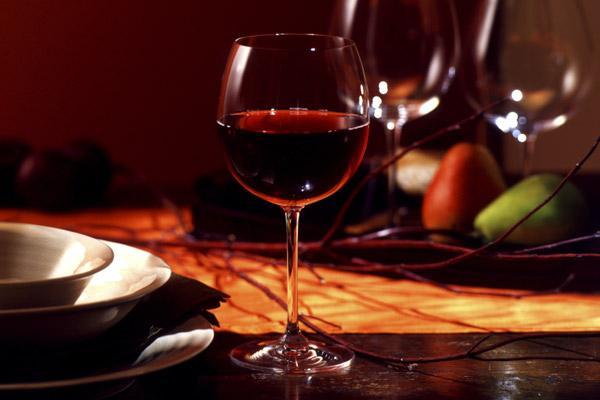Nigeria’s wine industry, estimated at $420 million as of July 2025, is under threat from a growing circulation of fake and substandard products, industry experts warn, raising public health concerns and eroding trust in the country’s burgeoning lifestyle economy.
Speaking in Lagos at a media wine tasting event on Friday, Chinedu Rita Rosa, a Nigeria-born Bordeaux-based wine consultant with 26 years of experience, said fake wines are a major barrier to growth in the sector, discouraging consumers and driving many affluent Nigerians to import wines from abroad for personal and social events.
“People are scared. They go to parties and won’t drink the wine because they don’t know what’s inside the bottle,” Rosa said. “Dialysis cases are increasing, not because people drink too much wine, but because they are drinking God-knows-what,” she said. “The worst thing in a country is having sick people, which also affects our GDP.”
Read also: California Wines poised to lead in Africa – Ikem
Rosa, who works with over 300 wineries globally and 20 importers in Nigeria, stressed that education and traceability are key to tackling the problem. She has held masterclasses across Lagos and Abuja, training hospitality professionals and wine enthusiasts on how to read labels, identify authentic brands, and store and serve wine correctly. “Everything about wine is education,” she said. “How you hold your glass, how you pour, the temperature, and storage are all crucial. Knowledge builds trust.”
Her focus on education extends beyond Nigeria. She co-founded Bordeaux Mentor Week, an NGO that trains young professionals entering the wine trade. “One of our students this year is Nigerian, another from Kenya. Education is what makes you an expert in any field,” she said, adding that Nigeria’s domestic market presents enormous untapped potential. The country’s consumers are sophisticated, well-travelled, and increasingly demand premium wines and curated experiences.
This has been a snag in Nigeria’s wine market for years now. Earlier this year, the National Agency for Food and Drug Administration and Control (NAFDAC) shut down a fake wine and beverages market worth N750 million in Abia.
“If we can streamline imports, enforce quality standards, and ensure traceable products, Nigeria can become one of the strongest markets in the world for wine,” Rosa said.
Read also: The Wine Club Lagos hosts symphony of wine, music in multisensory first
Rosa’s visit to Lagos brought together several of her long-standing partners from Italy and France who now travel annually to Nigeria for masterclasses and trade development. Roberto Cardinale, an export manager for Settecani and Fina wineries, said Rosa has built a reputation globally for “bridging wines from all over the world to Africa, especially Nigeria.” Other partners include Cristian Versari for Terre Cervico, Dario Galli Zugaro, and Mauro Bricolo, all sales export managers for Italian and French wineries.
“We hope that both now and in the future, Nigeria remains a good country to do business with. Unfortunately, there are wines of substandard quality in Nigeria, but Nigerians, especially young Nigerians, can learn to identify genuine wines,” Zugaro said. Roberto Cardinale also said, “Nigerians returning from abroad are used to drinking some of the best wines abroad, and they want to experience the same thing here in Nigeria.”
Rosa believes sustained investment in training, traceability, and hospitality will position wine as part of Nigeria’s emerging lifestyle and tourism economy. “Wine is a lifestyle,” she said. “If we build the right ecosystem, it can contribute meaningfully to our non-oil growth.”

